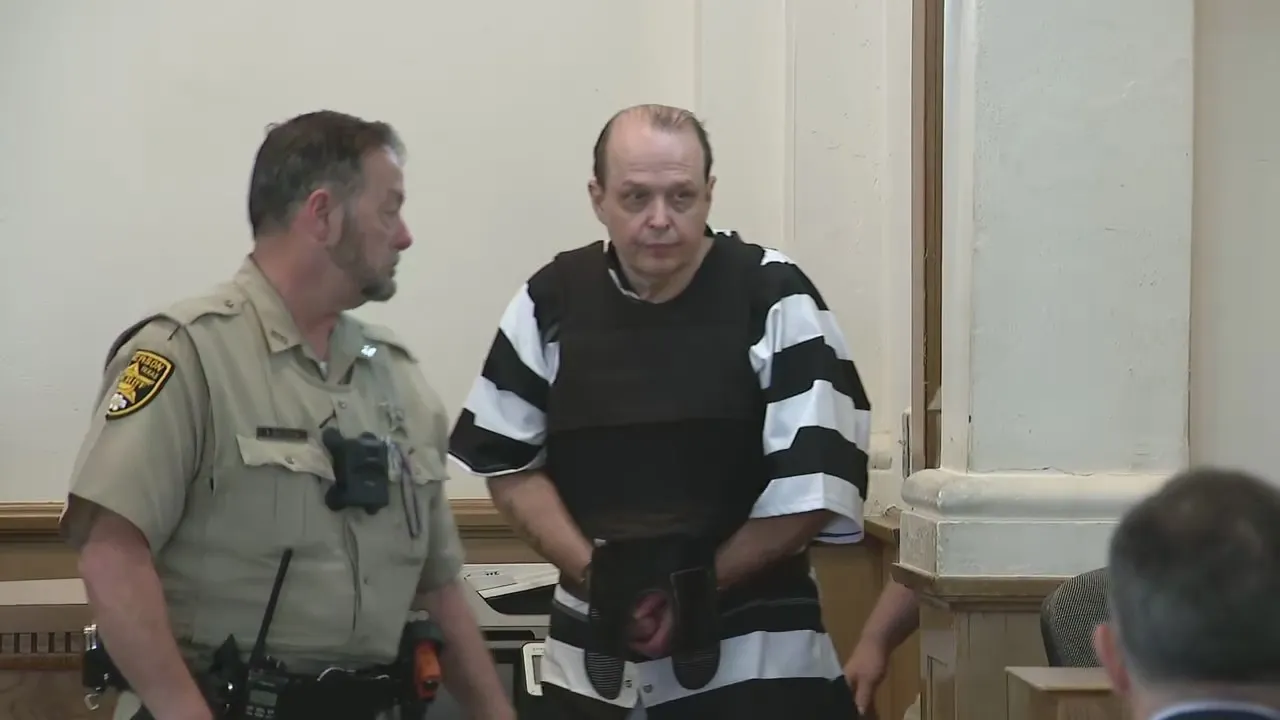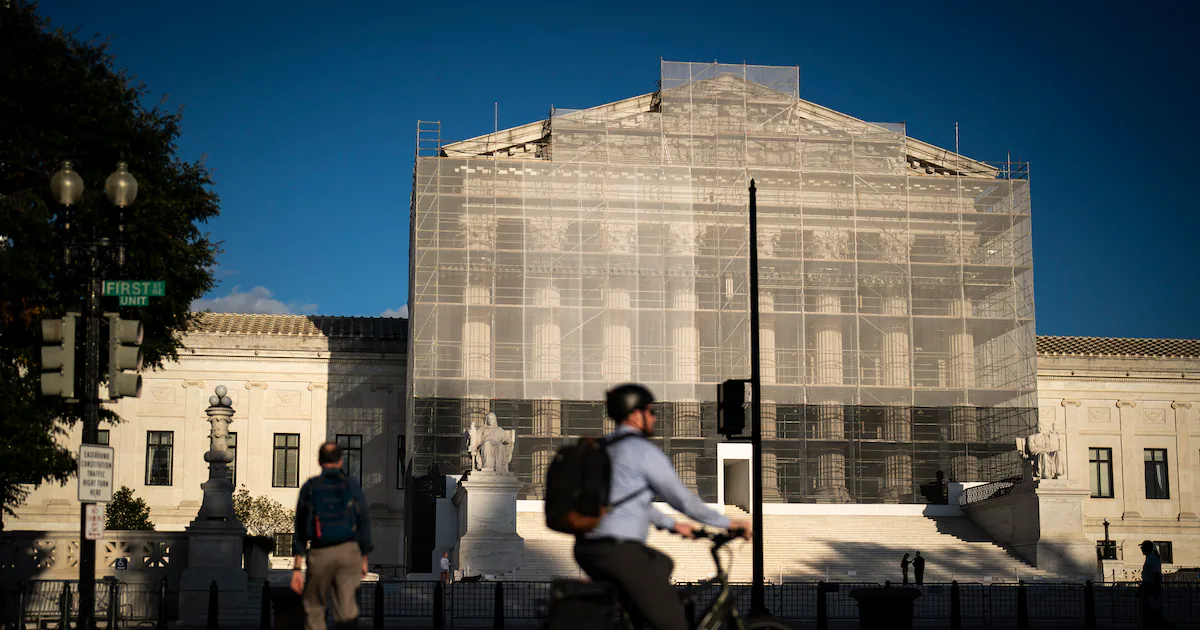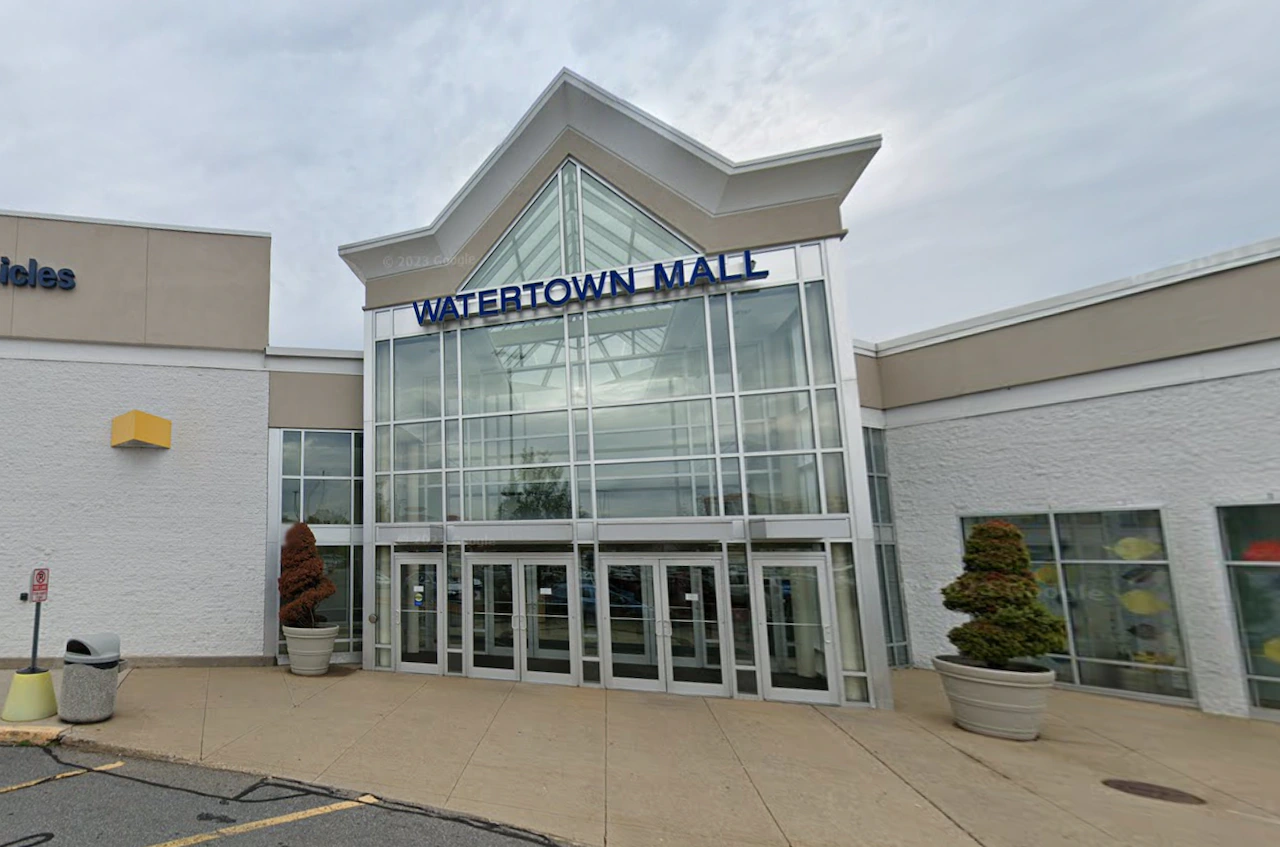Copyright FOX 4 News

After avoiding another execution last month, Texas death row inmate Robert Roberson faces yet another roadblock in his pursuit of a new trial. The back and forth between the state's attorney general's office and Roberson's defense team comes down to timing and procedure. The judge overseeing the case wants more information from both sides before deciding whether to hold an evidentiary hearing. Latest developments in Robert Roberson's case What's new: Roberson's defense attorney is asking the Anderson County Court judge to schedule a status conference so both the defense and state can discuss the next steps, including an evidentiary hearing with live testimony. Texas AG Ken Paxton's office disagrees. Paxton said the defense is "putting the cart before the horse," and cited that state law requires other steps in the process before holding any hearings. The Anderson County judge hasn't granted or denied Roberson's defense attorney's request for an evidentiary hearing. Instead, he asked both sides for more information, including an estimate on the number of witnesses, the anticipated length of time needed for testimony, and how long each side would need to prepare for the hearing. Expert weighs in on timing What they're saying: "If the science doesn't support their conviction, then certainly they would want it expedited, because that would be their path to freedom, and then if the science does support their conviction, you know, the state would seem to want it expedited as well," said Russell Wilson, a former Dallas County prosecutor who is not involved in the case.. Roberson's murder conviction of his 2-year-old daughter Nikki hinged partially on the diagnosis of "shaken baby syndrome," which more recent science has debunked in other cases, including one in Texas, involving Andrew Roark. Wilson worked in the district attorney's office when Roark's case was reviewed. "So here, the same questions will probably be asked. In this case, can the doctor stand by their testimony at the time, what's changed and why and how? And then are there studies that show that their testimony at the time was wrong?" Wilson said. Wilson says, ultimately, it is the judge who has the power to set the schedule. "Ordinarily, a court is going to take control of a matter that's remanded to it, and scheduling is normally within the discretion of the trial court," said Wilson. "Again, they have to take into account the schedules and concerns of the parties, but a scheduling order usually is not something that's a large dispute." Possible new hearings next year What's next: In her response, Roberson's defense attorney asked the judge to consider scheduling the hearing for March 2026, or at the very earliest, January 2026, so she can work on compiling experts to testify. The state asked the judge to be allotted the same amount of time as the defense to present its case and adequate time to find their own experts to testify. It is now up to the Anderson County judge on how to proceed.



